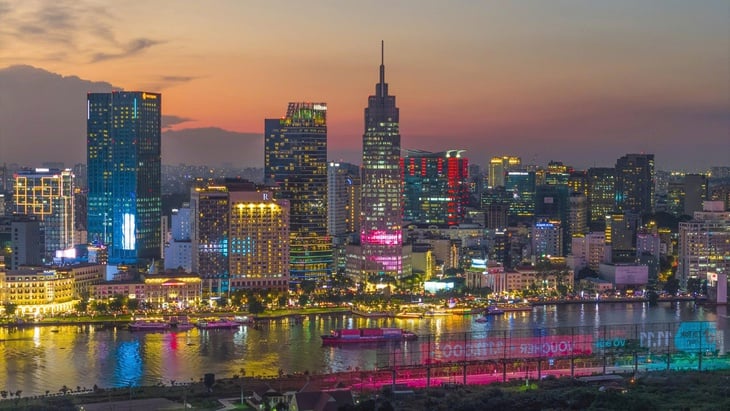
Regional thinking and global competitiveness model for Ho Chi Minh City - Photo: QUANG DINH
The question is: How to develop to be worthy of a regional megacity, become an internationally competitive industrial and commercial center, and lead the development of the entire South of Vietnam in the new era?
This cannot be a simple expansion of boundaries. In international practice, from Shanghai to Seoul or Singapore, cities can only become “truly big” when they restructure their development model, redesign their governance institutions and position their role in the global value chain.
Ho Chi Minh City's expansion therefore requires a completely different mindset: not managing more provinces, but operating a multi-centered megacity, intelligently and flexibly connected, integrating innovation, green manufacturing, smart logistics and digital commerce.
Ho Chi Minh City Industry and Trade Development Coordination Council, why not?
The city’s development structure needs to shift from the “center-satellite” model to an integrated multi-polar structure. Each area must be considered a development pole with separate functions, properly invested in and operated according to value chain logic.
Thu Duc, Di An, and Thuan An areas can become high-tech innovation belts, converging universities, research institutes, startups, and R&D (research and development) centers.
Tan Uyen, Ben Cat, and Bau Bang areas develop into centers of smart manufacturing, clean industry, IoT and AI application factories, and circular production ecosystems.
Meanwhile, the Phu My, Vung Tau, and Can Gio areas will be the center of marine logistics and renewable energy industry, connecting to the Cai Mep - Thi Vai - Hiep Phuoc seaport system, supporting global trade and export industry.
If we want these development poles not to be divided by old administrative boundaries, Ho Chi Minh City needs to urgently propose a special multi-center mega-urban government model, accompanied by a "Ho Chi Minh City Industrial and Commercial Development Coordination Council" with real power over planning, investment, infrastructure, human resources and data.
This is a prerequisite for the smooth operation of the regional value chain, avoiding duplication of investment and reducing logistics costs. Moreover, the city should be one step ahead in building regional digital infrastructure: planning, resource, logistics, market and human resource data must be connected and updated in real time, becoming a “digital economic map” of the entire new urban area.
Along with regional coordination, Ho Chi Minh City needs to proactively create three key industrial clusters with the capacity to reach out globally. These are the innovative industrial cluster in Thu Duc - Di An, focusing on AI, semiconductors, financial technology and biotechnology; the green production - automation cluster in Tan Uyen - Ben Cat - Bau Bang, applying robots, clean energy, new materials; and the international trade logistics cluster connecting Phu My - Thi Vai - Can Gio - Hiep Phuoc, linked with cross-border e-commerce and inspection centers, cold storage, and integrated supply chains.
These industry clusters need to be developed according to the "new generation industrial" model: self-managed industrial parks, integrated worker urban areas, medical centers, digital infrastructure and human resource training systems linked to actual production.
Pilot site for new economic models
Ho Chi Minh City also needs to lead the country in building digital, borderless commerce that serves the entire region. E-commerce platforms should not only serve one province, but must connect the entire regional supply chain.
The city should pilot a chain of smart trading stations at inter-regional intersections that integrate AI, automatic inspection, digital payment systems and modern logistics. In particular, with a new stature, Ho Chi Minh City can propose a pilot regional carbon trading floor where businesses buy and sell green credits and CO₂ emission credits in implementing the Net Zero commitment and anticipating cross-border carbon taxes.
If the city dares to think big, it can pilot more shared industrial parks where small and medium-sized enterprises share production infrastructure, smart equipment, shared engineers, and shared logistics systems following the industrial co-working model that is very successful in Europe and Japan.
It is also worth considering establishing an international trade promotion center that represents the entire regional supply chain, not just for Ho Chi Minh City, but for the entire southern new industrial zone. These models help small businesses participate more deeply in the global value chain without being left behind.
Regional thinking, development according to value chain logic, building integrated industry clusters and mega-urban institutions are the inevitable paths for Ho Chi Minh City to expand and become a new growth pole not only of Vietnam but also of ASEAN.
This is the time not only to change the administrative map, but also to reshape the urban, industrial and commercial development strategy according to a globally competitive model. If the city goes one step ahead, proposes the right model and successfully pilots it, not only Ho Chi Minh City will benefit, but the whole country will have a new model for regional development, industrial development, green economic development and digital economy.
And that will be a worthy contribution of the new Ho Chi Minh City in the journey to turn Vietnam into a modern industrial nation by the mid-21st century.
Together "Contribute ideas for industrial and commercial development in Ho Chi Minh City"
Tuoi Tre Newspaper in collaboration with the Department of Industry and Trade of Ho Chi Minh City opened the forum "Proposing ideas for developing industry and trade in Ho Chi Minh City". The forum aims to listen to ideas and solutions from businesses, researchers and people to build and develop industry and trade for the new Ho Chi Minh City, forming a strong urban area in industry, trade and services, with international competitiveness.
Mr. Bui Ta Hoang Vu - Director of the Department of Industry and Trade of Ho Chi Minh City - said that he will respect and listen to every opinion and suggestion from the people and businesses to advise the People's Committee of Ho Chi Minh City on breakthrough solutions to develop industry - trade - services.
Readers participating in the forum can send their comments to the editorial office of Tuoi Tre newspaper, 60A Hoang Van Thu, Duc Nhuan ward, Ho Chi Minh City , or send them via email: kinhte@tuoitre.com.vn.
Source: https://tuoitre.vn/khong-co-tu-duy-va-the-che-vung-tp-hcm-se-kho-vuon-xa-20250805181408.htm





![[Photo] Prime Minister Pham Minh Chinh receives Lao Minister of Labor and Welfare Phosay Sayasone](https://vphoto.vietnam.vn/thumb/1200x675/vietnam/resource/IMAGE/2025/11/11/1762872028311_dsc-2246-jpg.webp)




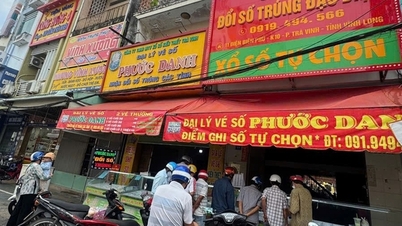



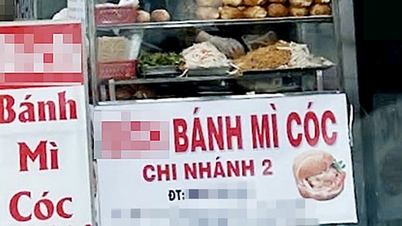
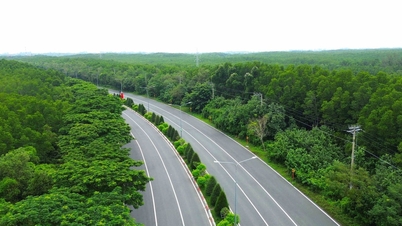

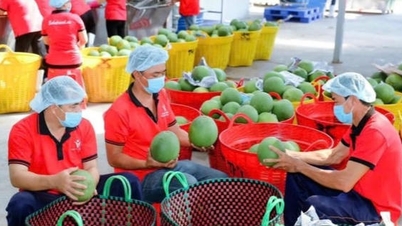

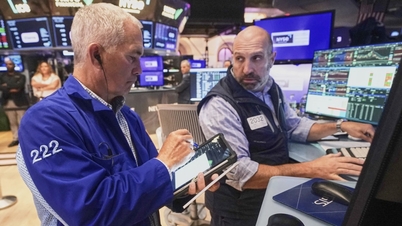














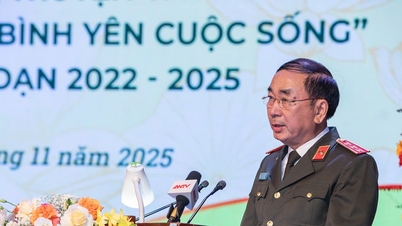










































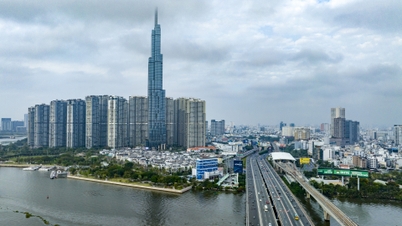
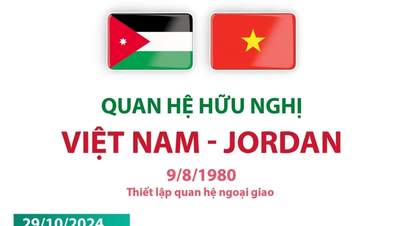










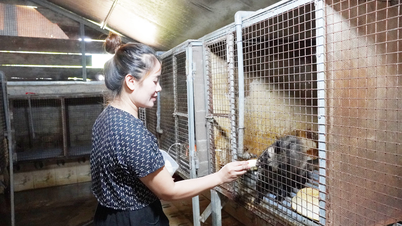



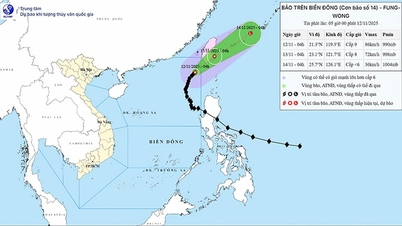







![Dong Nai OCOP transition: [Article 3] Linking tourism with OCOP product consumption](https://vphoto.vietnam.vn/thumb/402x226/vietnam/resource/IMAGE/2025/11/10/1762739199309_1324-2740-7_n-162543_981.jpeg)








Comment (0)